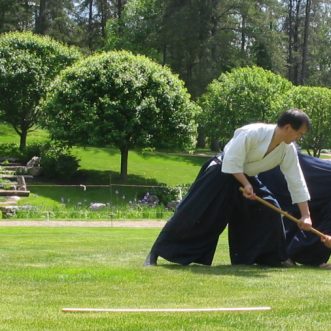May 5, 2021
I had my blood test yesterday. Ahead of me in the queue was an angry (not rude) man. He’d waited 2 weeks for his appointment and taken time off work to attend, only to be told “You’re not on our list”.
Testing was a pretty efficient set-up, with 3 people taking samples for 3 people every 5 minutes, so they were able to fit him in.
During my turn I asked what had gone wrong.
“It’s the call centre”, I was told. ‘They send us about 30 people a day, who aren’t on our list of appointments. Sometimes for appointment times that are already taken. Sometimes for children who shouldn’t even be sent here – we can’t handle children here. We do our best to fit people in, but we can’t always do that. It wastes everybody’s time and makes our job miserable. We’ve tried to tell the call centre, but we don’t have the authority.”
On the face of it, centralised booking for several different units at different hospitals should be more efficient. A small team can handle more volume more efficiently, saving costs across all units.
But this only works if the central team are a) incentivised to produce a satisfactory outcome of the entire process; b) have all the information they need, when they need it, to do that job properly, and c) use feedback from people further down the line to improve how it works.
Otherwise all you’ve added to the process is a silo that increases real costs for everyone involved.
There’s a more fundamental error that’s been made here. The people delivering a service should be in control of the customer experience of that service. Either by managing the end-to-end process themselves, or being a key player in its design and continuous improvement.
But I’m guessing that customer experience was probably the last thing on the mind of whoever came up with this, along with a genuine interest in efficiency. Superficial gains were enough for them.
It shows.









